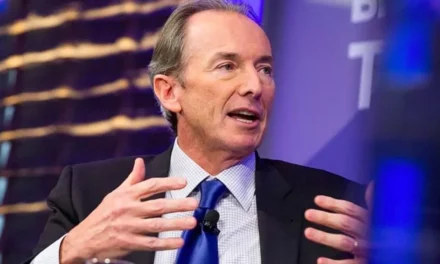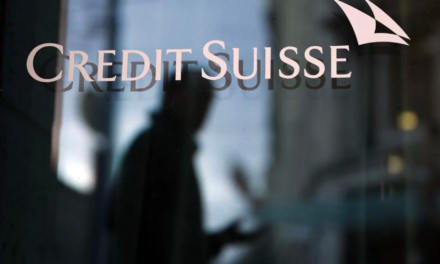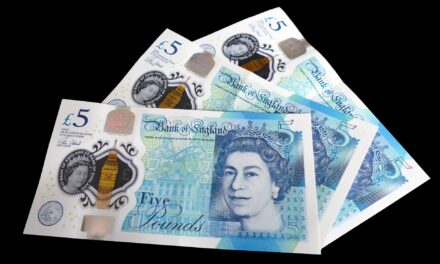At the center of San Francisco, a biotech startup accelerator or an incubator named IndieBio is gaining traction in its niche amid Silicon Valley, the global center for innovation, social media, and high technology.
The Beginnings and Vision of IndieBio
Since 2015, IndieBio has been on a roll with various scientific ventures. The company’s office is equipped with aesthetic industrial design, “Revolution Workspace” poster, the Blue Bottle Coffee down the block, and Twitter Inc. nearby, IndieBio takes on the challenge of promoting advancements in the laboratory.
IndieBio aims to produce successful life-science companies by providing scientists and researchers with business mentors and seed funding. The seed funding amounts up to $200,000 and four months access to a 7,000-square-foot high-end laboratory.
The CEO of the company, Arvind Gupta, endorsed that biotech improved drastically and got affordable to the point where the initial stages of biotech can be done in a way never done or never tried before. With IndieBio, the bio-entrepreneurs are developing lab-cultured meat, smart bees, wood without tress, cancer therapies, and pollution-free chemicals.
CEO Gupta, a graduate of molecular biology at the University of California, Santa Barbara, in the 1990s, recalled that his friends and mentors told him that the concept of a biotech accelerator was a crazy idea. He worked at the Palo Alto design company IDEO to step into venture capital. By 2013, he thought that it was plausible to combine his knowledge of start-ups and his passion for biology.
He linked up with Ryan Bethencourt, a biohacker who is engaged in developing open-source insulin, and Ron Shigeta, a chemistry Ph.D. with academic training at Stanford University, Harvard Medical School and Princeton University. Bethencourt and Shigeta were operating an incubator space. They also agreed that advanced biotech allowed simpler and cheaper conversion of scientific concepts to real-life products.
In 2015, with the funding of a global venture capital firm SOSV, the first IndieBio class started. Twelve out of the 80 or more candidates were accepted. For the first time, there is a new option available for Ph.D.s besides working for a major company or going into academia.
Among the initial batch with granted funding are Clara Foods, which was developing the world’s first animal-free egg white, and a stem-cell company converted into making synthetic wine and renamed itself Ava Winery.
IndieBio’s scientific director Jun Axup, a doctoral graduate in chemical biology from Scripps Research Institute, mentioned that IndieBio tries to focus on one product at a time.
IndieBio’s Financing, Skeptics, and Future
From the companies under the accelerator’s program, there is an 8 percent equity stake allocated for IndieBio. Sixty-four of the funded start-ups have raised follow-on funding, a total of more than $174 million.
In 2017, CB Insights recognized IndieBio as the most dedicated start-up accelerator for synthetic biology. It seems like IndieBio emerged and paved the way, made a name for itself, on a niche helping biotech researchers move from ideas into the market. A partner at venture capitalist Khosla Ventures noted that there is no other accelerator with the same mindset as IndieBio.
Every day, IndieBio keeps bringing in investors and encouraging start-ups. Even more, IndieBio proves that biology is Silicon Valley’s next hip market. Out of the 94 companies that availed IndieBio’s program, some of the big-name investors are Bill Gates, venture firm Andreessen Horowitz, and corporate giant Tyson Foods Inc.
In 2016, Memphis Meats, IndieBio’s prime high-profile company, presented its new lab-grown meatball with the company’s contribution. Memphis Meats gained $22 million under the bag even without proper commercialization of the product. Another icon who was attracted to IndieBio is the renowned Massachusetts Institute of Technology scientist Tim Lu. With all these investors, IndieBio gained as much as $25 million in state funding to open a second location in New York City in 2019.
On the other side of the coin, IndieBio’s success brought competition. Y Combinator, the start-up accelerator of Airbnb, started a biology incubator YC Bio. It offers up to $1 million for a stake of as much as 20 percent and laboratory access needed for the project. Another player in the field is the health-care start-up accelerator established by Google’s life-sciences arm Verily.
Meanwhile, even with skeptical investors, Gupta has expanded his vision to the potential societal impact of products like therapeutics. With biology, people cannot force life to move faster. Gupta foresees that exits on therapeutics will come within seven to 10 years. He reasoned that IndieBio takes on trillion-dollar market-size problems. Next year, a record of 20 companies are expected for the upcoming New York location.
In September, New Age Meats, part of IndieBio’s recent batch, showcased a lab-grown pork sausage. However, one of the tasters present in the event remarked that the sausage tasted like bread and that commercialization of the lab-grown sausage will take more work.














